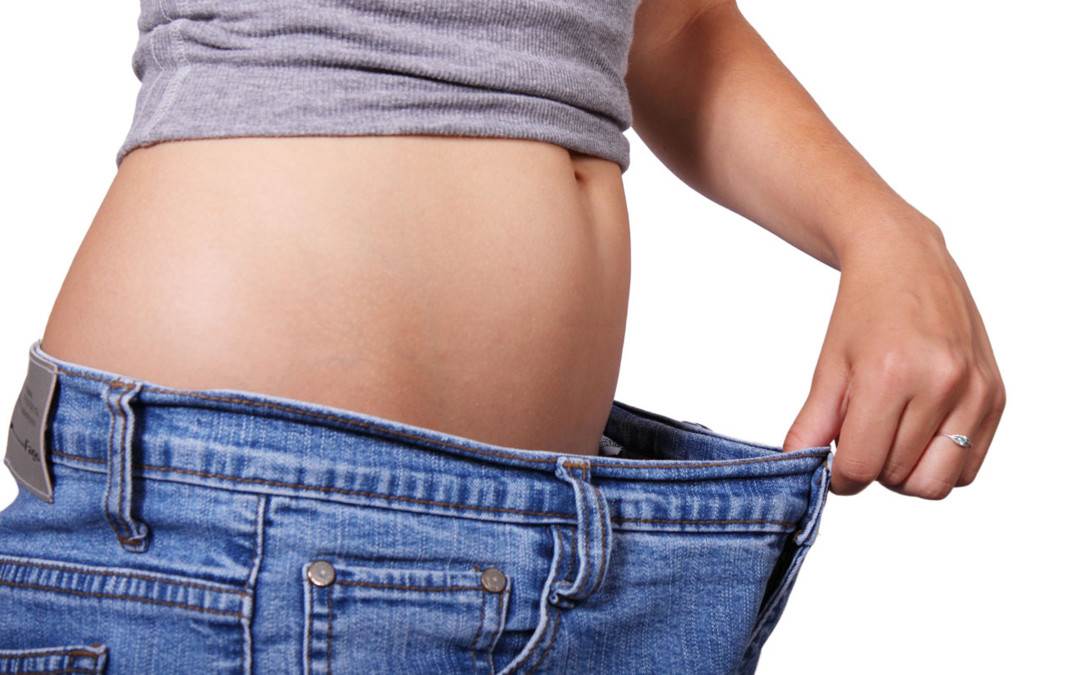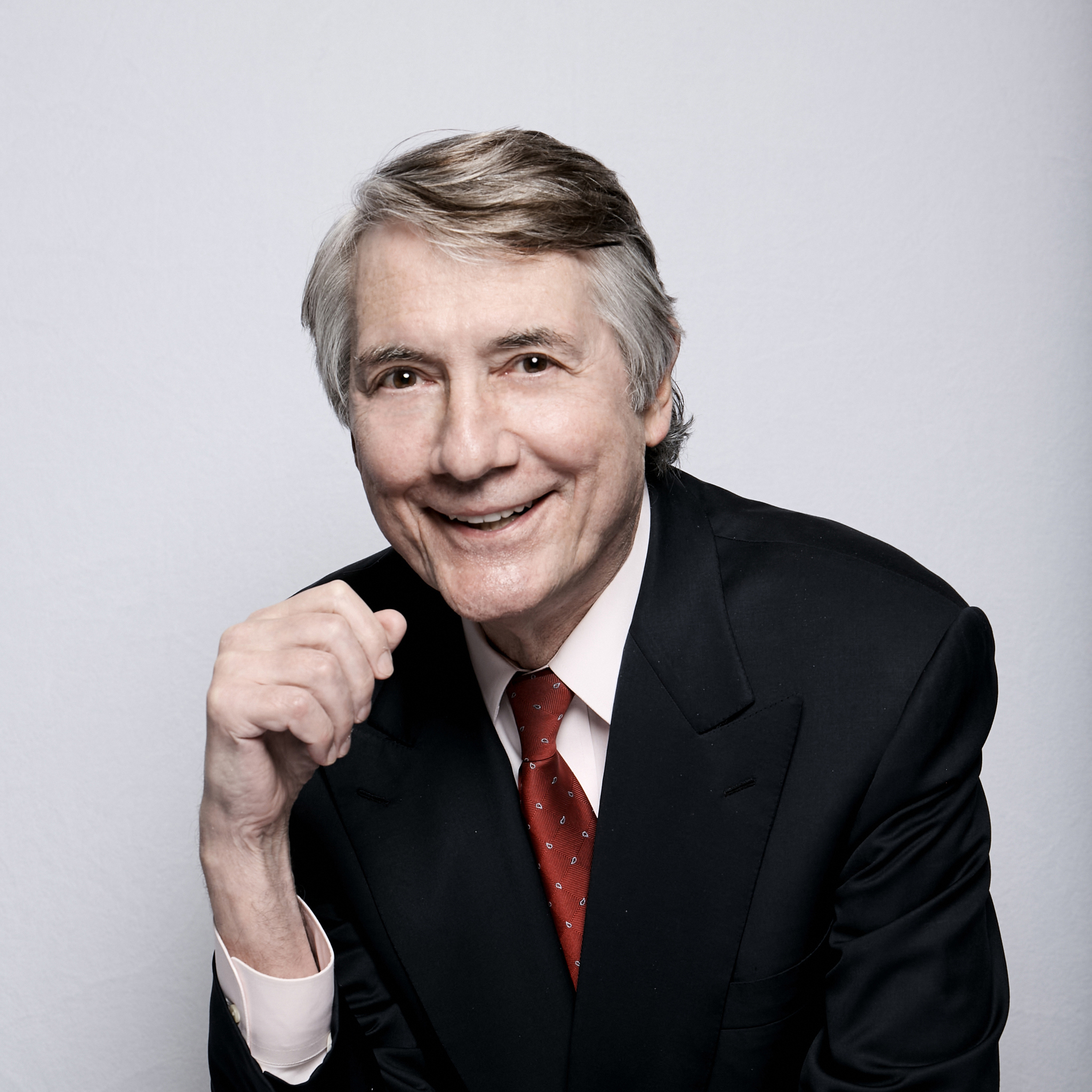Muffin tops, love handles and other fat deposits: these are the annoying and often unsightly physical characteristics that liposuction surgery or liposculpture can help to eliminate. By toning, trimming and tightening your abdominal area, this procedure can help to give you the physique you may never have had or that you haven’t seen since your youth.
However, being post-liposuction doesn’t mean you should stop exercising. This is one of the reasons why patients that receive liposuction are happy initially but become unhappy 1-2 years after a successful procedure. The bulge is gone but perhaps the calorie intake has not changed? The body will store extra calories somewhere even if it is not at the initial bulge site.
What Happens in Liposuction Surgery?
With this cosmetic procedure, unwanted fat is removed using a small canula. The skin incision is very small. Depending on the amount of fat to be removed, the procedure may be done under local or general anesthesia. Two separate techniques may be employed during liposuction.
- Tumescent liposuction involves injecting a solution into the area that relieves pain, lessens blood loss and makes it easier for the surgeon to remove the fat.
- Ultrasound-assisted liposuction involves the use of ultrasound to liquefy the fat and make it easier to take out.
What Happens After Surgery?
Recovery times can vary according to how extensive the procedure is, but one fact remains true regardless of whether a patient had minimal fat or a great deal removed: You need to continue to be physically active. Don’t’ think you can eat/add calories just because your original bulge is gone. If you do not want the extra calories you consume to go to another area of your body, getting exercise weekly is very important. Any weight that you may have lost as a result of the liposuction surgery can be quickly regained if you fail to remain active and eat a nutritious diet.
While it is true that the procedure will remove fat from the affected area that will not come back, your body will compensate by growing fat cells elsewhere. New research suggests that they may become visceral fat, the dangerous kind that surrounds the organs deep in the abdomen and is most often known as belly fat. The reason is simple: You gain weight because of your metabolism. Liposuction surgery does nothing to change that.
What Should You Do?
Liposuction can help you get rid of stubborn fat that no amount of diet or exercise can take away. However, after your surgery, it is your job to keep your body from compensating for the loss of fat by creating more elsewhere. Doctors recommend that you begin or resume an exercise regimen approximately six weeks after your operation.
Since each patient is unique, we recommend that you ask Dr. Kulick or a member of his friendly and knowledgeable staff to make a customized recommendation that will give you optimal results.









